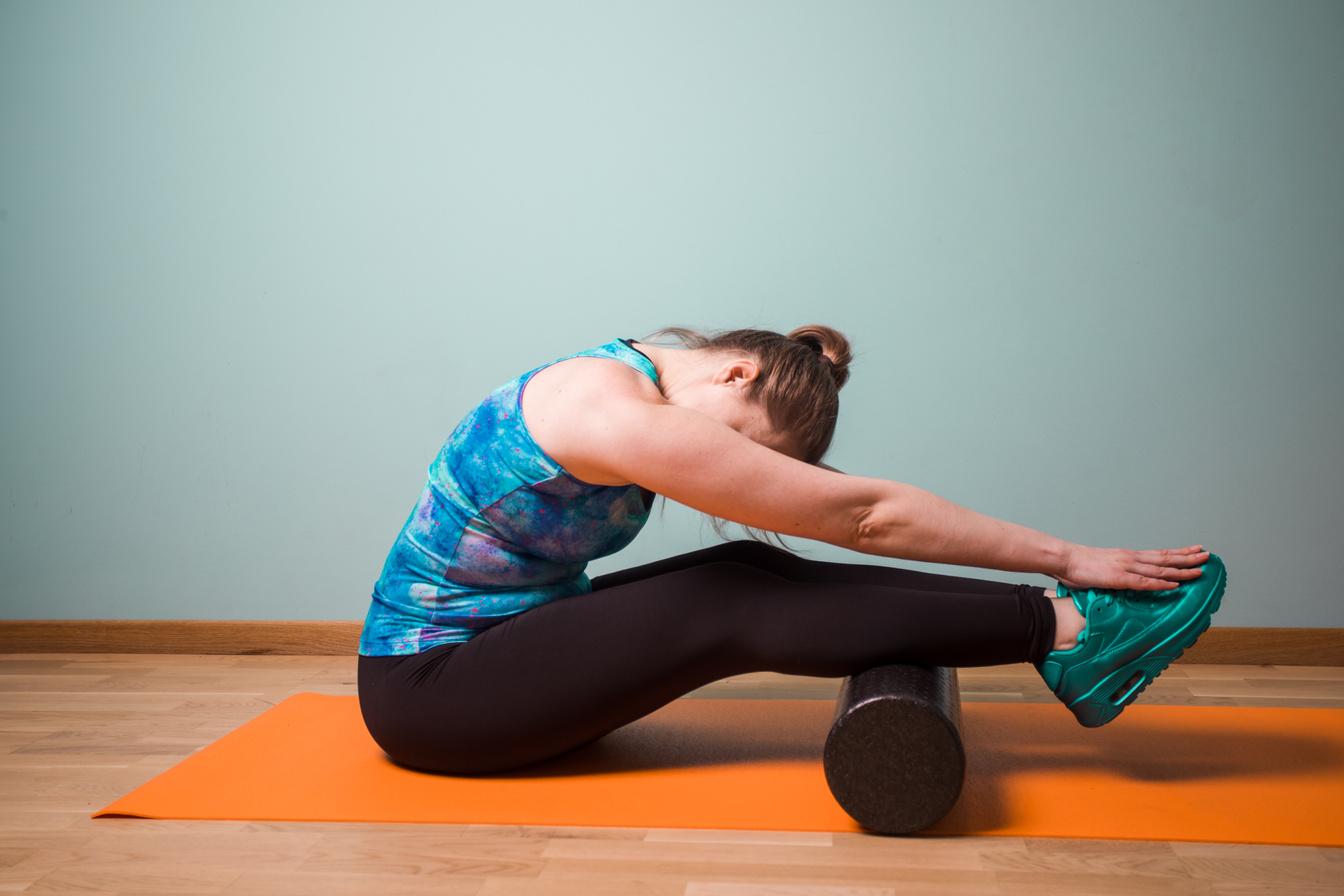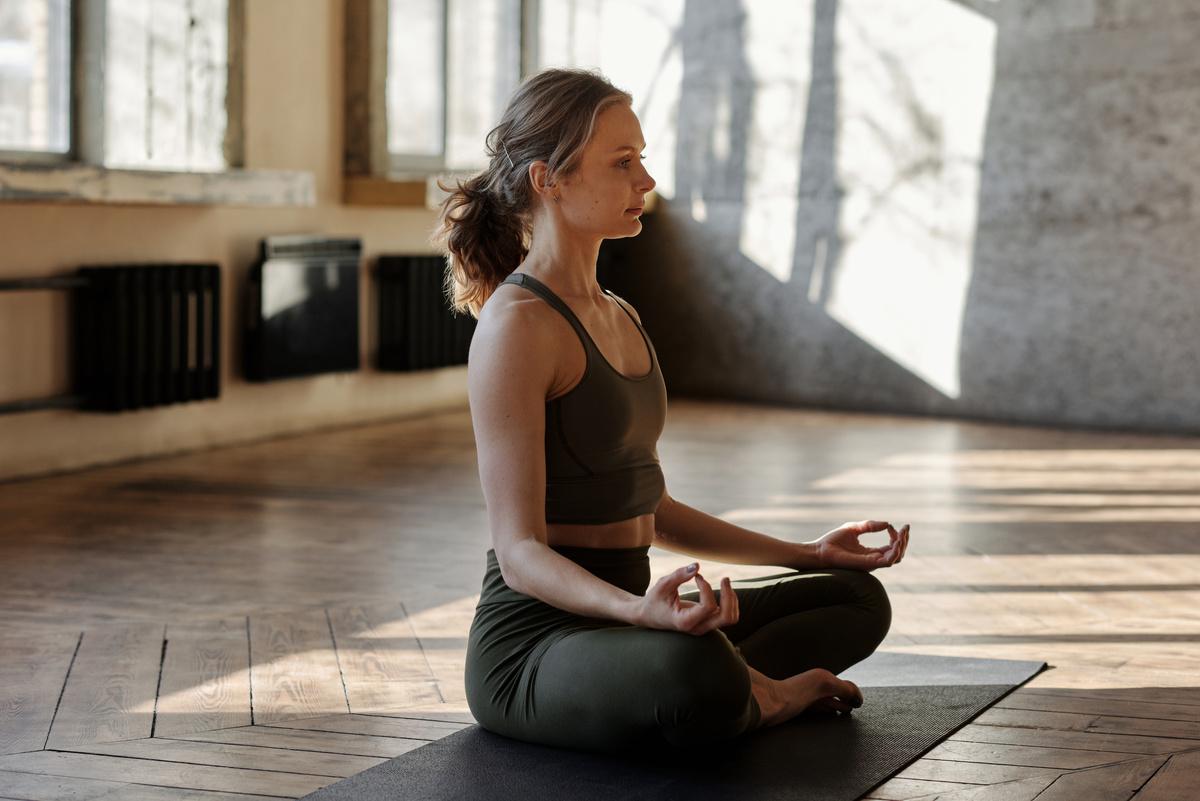
4 minute read
CHAPTER 1 UNDERSTANDING SELF-CARE
Defining self-care and its importance
Self-care is an essential practice that involves taking deliberate actions to nurture and prioritize our own well-being. It encompasses a wide range of activities and behaviours that promote physical, mental, emotional, and spiritual health. Self-care is not selfish or indulgent; it is a vital aspect of maintaining overall wellness and quality of life
Advertisement
When we prioritize self-care, we acknowledge that our needs matter and that we deserve to be cared for. It is about recognizing that we cannot pour from an empty cup, and by taking care of ourselves, we are better equipped to show up for others and fulfill our responsibilities
Physical self-care:
Physical self-care involves attending to the needs of our bodies. It includes activities such as regular exercise, maintaining a balanced diet, getting sufficient sleep, and practicing good hygiene. Engaging in physical selfcare helps us maintain optimal physical health, boosts our energy levels, and enhances our overall sense of well-being.

Regular exercise, whether it is going for a walk, practicing yoga, or participating in a team sport, not only improves our physical fitness but also releases endorphins, the "feel-good" hormones that elevate our mood. Nourishing our bodies with a balanced diet, rich in nutrients and hydration, fuels us with the energy necessary for our daily activities. Adequate sleep is crucial for our body's repair and rejuvenation processes, ensuring we wake up refreshed and ready to face the day. Practicing good hygiene, such as regular showering, grooming, and dental care, not only contributes to our physical wellbeing but also boosts our selfesteem and confidence.
Mental self-care:
Mental self-care focuses on nurturing our cognitive well-being and maintaining a healthy mindset. It involves activities such as engaging in stimulating hobbies, reading books, solving puzzles, or learning new skills. Taking time to engage in mentally challenging and fulfilling activities helps keep our minds sharp, promotes creativity, and reduces stress.
Engaging in activities that stimulate our minds, such as reading, writing, or learning a new language, enhances our cognitive abilities and expands our knowledge base. Hobbies and creative outlets, such as painting, playing an instrument, or knitting, provide a sense of accomplishment and serve as a form of self-expression. Additionally, engaging in activities that promote mindfulness and stress reduction, such as meditation or deep breathing exercises, can calm our minds, improve focus, and contribute to overall mental well-being.
Emotional self-care:
Emotional self-care revolves around acknowledging and addressing our emotional needs. It involves activities such as expressing emotions through journaling, engaging in creative outlets like painting or playing music, or seeking therapy when needed. By practicing emotional self-care, we develop emotional intelligence, enhance our selfawareness, and cultivate healthy coping mechanisms.
Journaling is a powerful tool for emotional self-care as it provides a safe space to explore and express our thoughts and feelings. Engaging in creative activities such as painting, drawing, or playing music allows us to channel our emotions into a tangible form of expression. Seeking therapy or counselling can offer valuable support in navigating difficult emotions, providing us with coping strategies and helping us develop healthier ways of managing stress and challenges.
Spiritual self-care: Spiritual self-care centres on nurturing our connection to something greater than ourselves and finding meaning and purpose in life. This dimension of self-care is deeply personal and can include activities such as meditation, prayer, spending time in nature, or engaging in acts of kindness and service By nurturing our spiritual well-being, we cultivate inner peace, find guidance, and develop a sense of belonging. Meditation and mindfulness practices allow us to connect with our inner selves, cultivate present-moment awareness, and find inner peace.
Prayer or engaging in religious or spiritual rituals can provide solace and a sense of connection to a higher power. Spending time in nature, whether it is going for a hike, gardening, or simply sitting in a park, can be a source of spiritual nourishment.
Acts of kindness and service, such as volunteering or helping others, foster a sense of purpose and fulfillment, deepening our spiritual connection.
Recognizing the barriers to selfcare and how to overcome them
Time Constraints:
One common barrier to self-care is a lack of time. In our fast-paced and demanding lives, it can be challenging to carve out dedicated time for self-care. However, it is essential to remember that selfcare does not have to be timeconsuming.

Even small, consistent actions can make a significant difference Start by identifying pockets of time throughout your day and intentionally allocate them to selfcare activities. Whether it is a 10minute meditation session in the morning or a short walk during lunch breaks, making self-care a priority can help overcome this barrier.
Guilt and self-worth: Another barrier to self-care is guilt or feelings of unworthiness. Some individuals may feel selfish or undeserving when they prioritize their own needs. It is crucial to recognize that self-care is not selfish; it is a fundamental act of self-preservation. Taking care of yourself allows you to show up fully for others and fulfill your responsibilities more effectively. Practice self-compassion and remind yourself that you deserve to be well and cared for, just like anyone else. Recognize that by taking care of yourself, you become a better partner, friend, parent, or employee.
Lack of awareness: Many people may not fully understand the importance of selfcare or may be unaware of the different dimensions it encompasses. Educating yourself about the benefits of self-care and the several ways to practice it can help overcome this barrier. Read books, attend workshops, or seek out online resources that provide insights into self-care practices. By increasing your awareness, you can make more informed choices about the self-care activities that resonate with you. Start by exploring different dimensions of self-care and experimenting with various practices to find what works best for you.
External pressures and expectations:
External pressures, such as societal expectations or demands from others, can hinder self-care efforts. It is important to establish boundaries and learn to say no when necessary. Prioritize your well-being and communicate your needs effectively to those around you. Surround yourself with a supportive network of individuals who understand and respect the importance of self-care.










